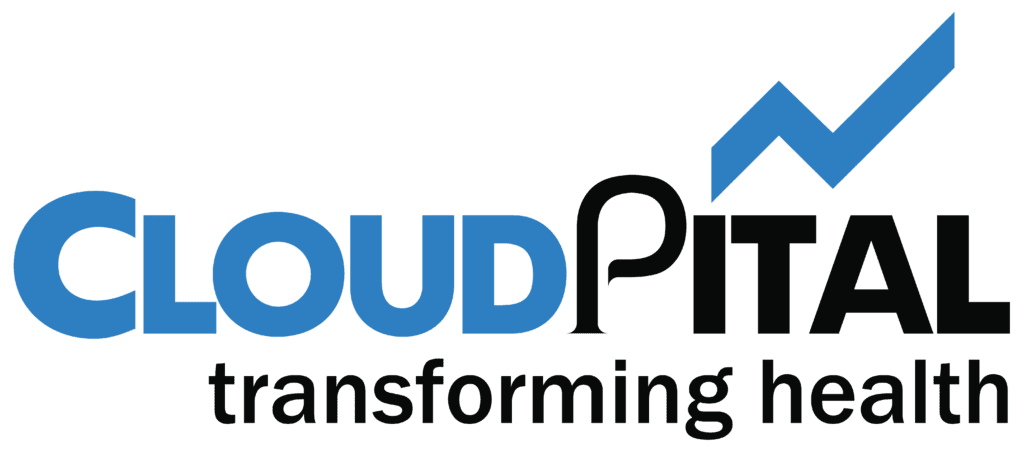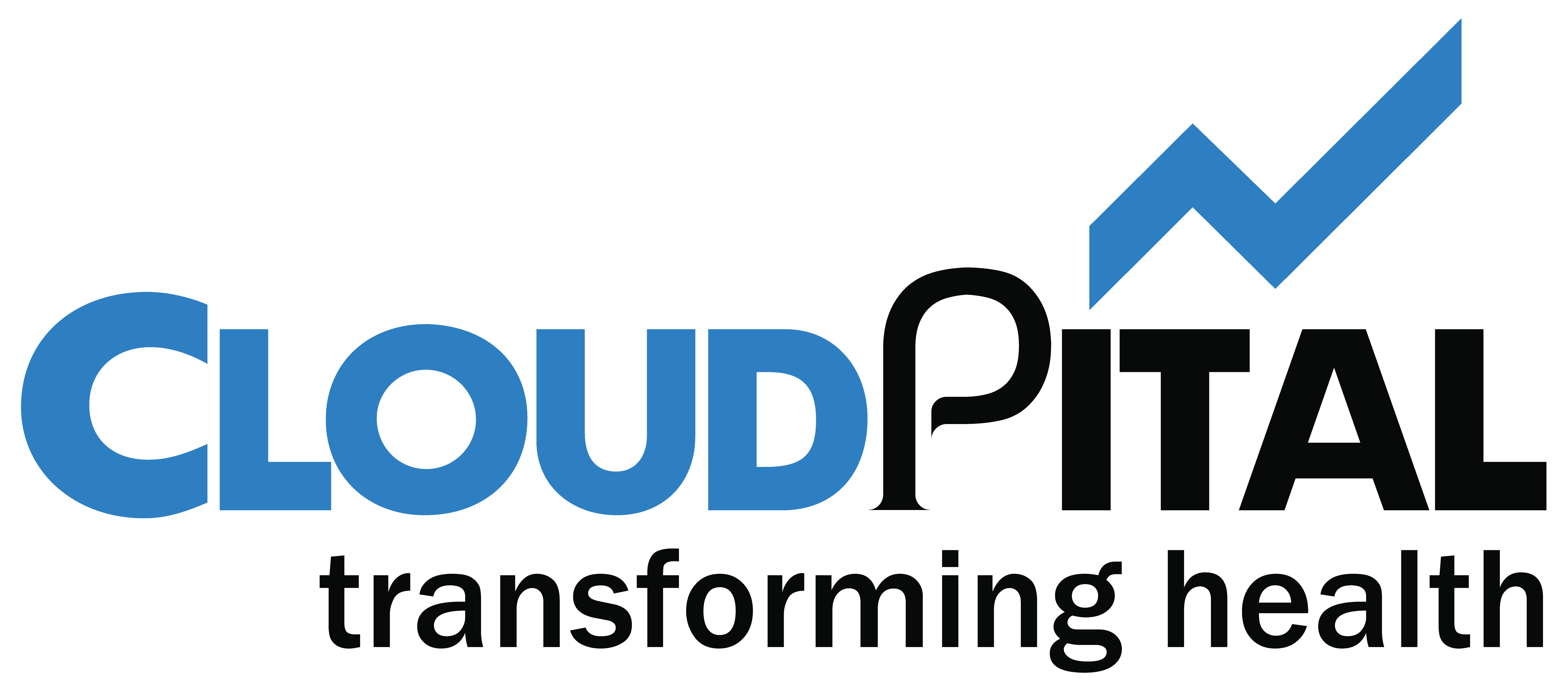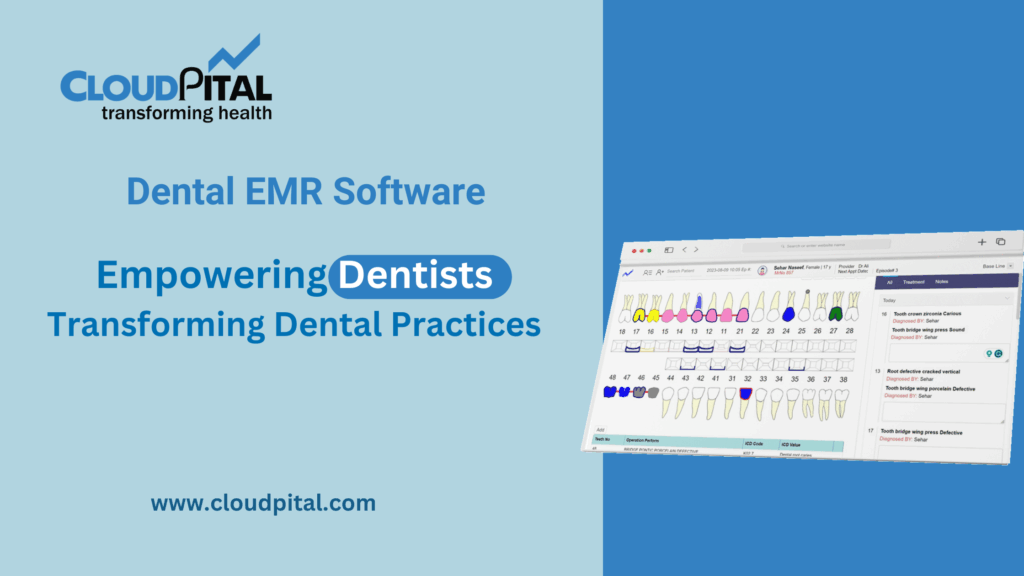Cloudpital # 1 is one of the top PMS in Saudi Arabia and is a critical component of the country’s efforts to modernize and enhance its healthcare sector. These systems streamline administrative and clinical functions, thereby improving efficiency, patient care, and overall healthcare outcomes. However, the successful implementation and utilization of PMS hinge significantly on the training provided to healthcare professionals. Comprehensive training ensures that users can effectively navigate and leverage the capabilities of PMS, leading to better healthcare delivery and optimized operations. This essay explores the importance of training for PMS adoption in Saudi Arabia, highlighting its impact on system utilization, patient care, compliance, and overall healthcare efficiency.
Click to Start Whatsapp Chatbot with Sales
Mobile: +966547315697
Email: sales@cloudpital.com
Cloudpital # 1 PMS in Saudi Arabia

Enhancing System Utilization and Efficiency
Training is essential for maximizing the utilization and efficiency of PMS in Saudi Arabia. These systems come with a wide array of features designed to streamline various administrative tasks, such as appointment scheduling, billing, and patient record management. Without adequate training, healthcare staff may struggle to use these features effectively, leading to underutilization and inefficiencies.
Training programs help users understand the full spectrum of functionalities offered by the PMS. By learning how to use these tools efficiently, healthcare providers can reduce administrative burdens, minimize errors, and enhance workflow management. For example, training on appointment scheduling can help staff manage patient appointments more effectively, reducing wait times and improving patient satisfaction.
Moreover, well-trained staff can handle the system’s advanced features, such as automated billing and insurance claims processing, which can significantly speed up financial operations and improve cash flow. In essence, comprehensive training empowers healthcare providers to fully exploit the potential of PMS, leading to more streamlined and efficient practice management.
Improving Patient Care and Outcomes
The primary goal of any healthcare system is to provide high-quality patient care. Effective training on PMS directly contributes to this objective by ensuring that healthcare providers can access and utilize patient information accurately and promptly. Properly trained staff can quickly retrieve patient records, update medical histories, and input treatment plans, all of which are crucial for delivering timely and accurate care.
For instance, training on the use of electronic health records (EHR) integrated with PMS allows healthcare providers to have a holistic view of a patient’s medical history. This comprehensive understanding aids in better diagnosis and treatment planning. Additionally, training ensures that healthcare providers can efficiently use decision support tools within the PMS, which can alert them to potential issues such as drug interactions or allergies, thereby enhancing patient safety.
Furthermore, training helps in the effective use of telemedicine features within PMS, which has become increasingly important, especially in the context of the COVID-19 pandemic. By being adept at using telemedicine tools, healthcare providers can offer remote consultations, thereby expanding access to healthcare services and improving patient outcomes, particularly in rural and underserved areas of Saudi Arabia.
Ensuring Compliance and Data Security
Compliance with healthcare regulations and data security standards is a significant concern in the healthcare sector. PMS in Saudi Arabia often includes features designed to ensure compliance with local and international regulations, such as the Saudi Health Information Exchange (SHIE) guidelines. However, without proper training, healthcare staff may inadvertently compromise compliance and data security.
Training programs educate staff on the legal and regulatory requirements related to patient data management and ensure they understand the importance of maintaining confidentiality and security. For example, staff must be trained on how to use encryption features, set appropriate access controls, and follow protocols for data sharing and storage.
Additionally, training on recognizing and responding to cybersecurity threats is crucial. With the increasing prevalence of cyberattacks targeting healthcare institutions, it is imperative that healthcare providers are equipped with the knowledge to protect patient data and respond to potential breaches effectively. Training ensures that all users are aware of best practices in data security, which helps in safeguarding sensitive patient information and maintaining trust in the healthcare system.

Facilitating Smooth Implementation and Adoption
The implementation of PMS can be a complex process involving significant changes to existing workflows and systems. Training is a critical component of this process, as it helps to ensure a smooth transition from old systems to new ones. Effective training programs prepare healthcare staff for the changes that EHR Systems in Saudi Arabia implementation entails, reducing resistance and fostering acceptance.
Training should be tailored to different user roles, ensuring that each group, from administrative staff to healthcare providers, understands how to use the system relevant to their responsibilities. Hands-on training sessions, simulations, and ongoing support are essential to build confidence and competence in using the PMS.
Moreover, training helps in troubleshooting and problem-solving. When users are well-trained, they are better equipped to handle minor issues independently, reducing downtime and reliance on technical support. This autonomy ensures that the practice can continue to operate smoothly, even as staff members encounter and resolve day-to-day challenges with the new system.
Supporting Continuous Improvement and Adaptation
Healthcare is a dynamic field, with continuous advancements in medical knowledge, technology, and regulatory requirements. Similarly, PMS software evolves over time, with updates and new features being introduced regularly. Continuous training is essential to keep healthcare providers updated on these changes and ensure they can leverage new functionalities effectively.
Ongoing training programs help healthcare staff stay current with best practices and technological advancements. This continuous learning culture supports the adaptation to new features and ensures that the healthcare practice can continually improve its operations and patient care services. For example, training on new modules for data analytics can help healthcare providers gain deeper insights into patient care trends and outcomes, enabling more informed decision-making.
Furthermore, continuous training helps in maintaining compliance with evolving regulations. As new healthcare policies are introduced, training ensures that all staff members are aware of and can adhere to the latest standards, thereby avoiding compliance issues and potential penalties.
Enhancing Patient Satisfaction and Trust
Patient satisfaction is a critical metric for healthcare providers, and effective use of PMS can significantly enhance the patient experience. Training ensures that healthcare providers can use PMS to offer a more streamlined, efficient, and patient-centric service. For instance, training on patient portals allows healthcare providers to empower patients to access their health records, schedule appointments, and communicate with their healthcare providers online, enhancing transparency and engagement.
Moreover, well-trained staff can handle patient inquiries and issues more efficiently, leading to higher patient satisfaction. When patients experience smooth administrative processes, timely appointments, and accurate billing, their trust in the healthcare provider increases.
Additionally, training on using Remote Patient Monitoring in Saudi Arabia to track and manage patient feedback can help healthcare providers identify areas for improvement and make necessary adjustments to enhance patient care. By continuously improving their services based on patient feedback, healthcare providers can build stronger relationships with their patients and foster long-term loyalty.
Conclusion
The importance of training for PMS adoption in Saudi Arabia cannot be overstated. Comprehensive training programs are essential for enhancing system utilization, improving patient care, ensuring compliance and data security, facilitating smooth implementation, supporting continuous improvement, and enhancing patient satisfaction. As Saudi Arabia continues to modernize its healthcare sector, investing in robust training programs for PMS will be crucial for achieving the desired outcomes and realizing the full potential of these systems. By prioritizing training, healthcare providers can ensure that they are well-equipped to navigate the complexities of PMS and deliver high-quality, efficient, and patient-centered care.
Click to Start Whatsapp Chatbot with Sales
Mobile: +966547315697
Email: sales@cloudpital.com
PMS in Saudi Arabia
PMS in Saudi Arabia
PMS in Saudi Arabia
The Importance of Training for PMS in Saudi Arabia Adoption similar software solutions prices were updated on 2025-05-09T11:06:06+00:00 in Saudi Arabia in Mecca, Medina, Riyadh, Khamis Mushait, Yanbu, Jeddah, Dammam, Unaizah, Uqair, Ha’il, Ta if, Al Bahah, Dhahran, King Abdullah Economic City, Najran, Diriyah, Qatif, Khafji, Jubail, Abqaiq, List of Cities and Towns in Saudi Arabia, Ras Tanura, Turubah, Jazan Economic City, Knowledge Economic City, Medina, Khobar, Abha, Tabuk, Saudi Arabia, similar software solutions prices were updated on 2025-05-09T11:06:06+00:00 We also provide in Saudi Arabia services solutions company in Hafar Al-Batin, Udhailiyah, Al-Awamiyah, Hofuf, Hautat Sudair, Buraidah, Tayma, Duba, ‘uyayna, Saihat, Al-Kharj, Al-ula, Jizan, Rumailah, Ar Rass, Arar, Shaybah, Al Majma’ah, Rabigh, Dhurma, Haradh, List of Saudi Cities by Gdp Per Capita, Badr, Sudair Industrial City, Baljurashi, Shaqraa, Al-Khutt, Habala, Ad Dawadimi, Dawadmi, Layla, similar software solutions prices were updated on 2025-05-09T11:06:06+00:00 Price is SAR 100 and this was updated on updated on 2025-05-09T11:06:06+00:00 similar The Importance of Training for PMS in Saudi Arabia Adoption software solutions prices were updated on 2025-05-09T11:06:06+00:00 in Saudi Arabia in Haql, Afif, Al-Abwa, Farasan, Al-Jaroudiya, Thadig, Al-Thuqbah, Al Wajh, Almardmah, Al-Zilfi, Muzahmiyya, Prince Abdul Aziz Bin Mousaed Economic City, Tharmada’a, Skaka, Um Al-Sahek, Sharurah, Tanomah, Bisha, Dahaban, Al Qunfudhah, Qurayyat, Saudi Arabia, Ha’ir, as Sulayyil, Al Lith, Turaif, Al-Gway’iyyah, Samtah, Wadi Ad-Dawasir, Az Zaimah, Safwa City, Jalajil, Harmah, Mastoorah, Hotat Bani Tamim, Jabal Umm Al Ru’us, Rafha, Qaisumah, Al-Ghat, Hajrah, Al-Hareeq. Excerpt: Jeddah (also spelled Jiddah, Jidda, or Jedda; Arabic: Jidda) is a Saudi Arabian city located on the coast of the Red Sea and is the major urban center of western Saudi Arabia similar software solutions prices were updated on 2025-05-09T11:06:06+00:00 Price is SAR 100 and this was updated on updated on 2025-05-09T11:06:06+00:00
29-5-2024




